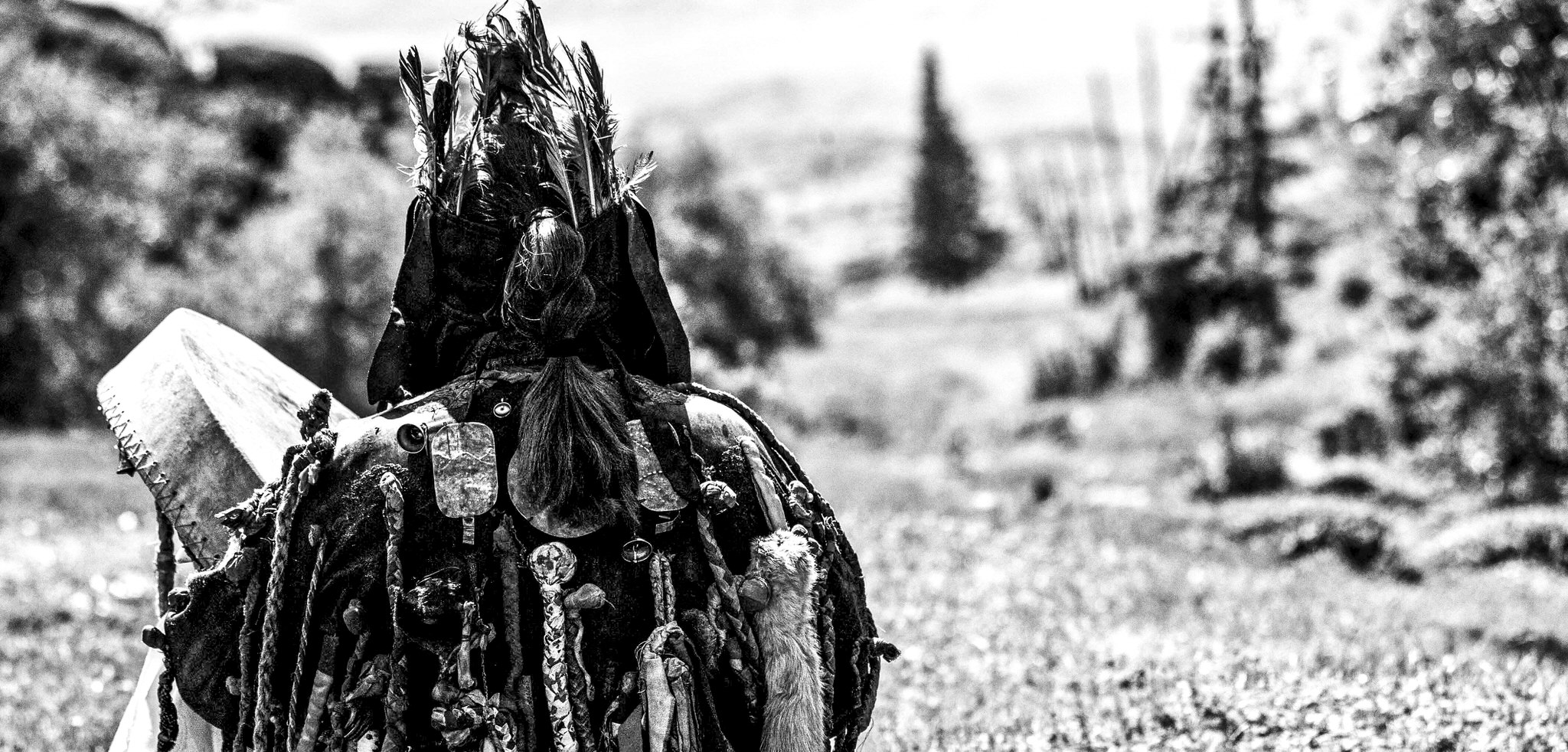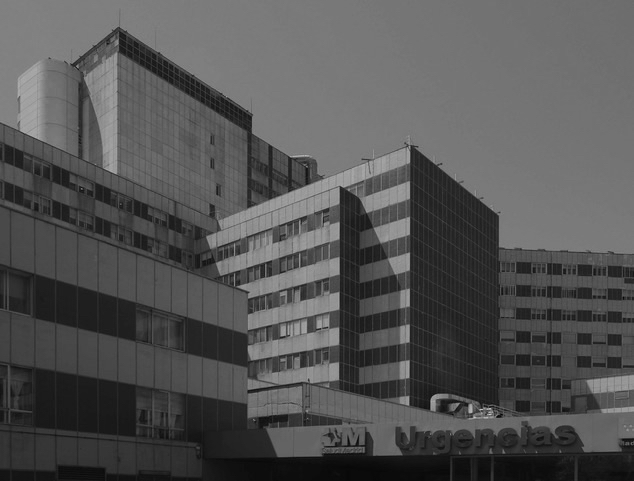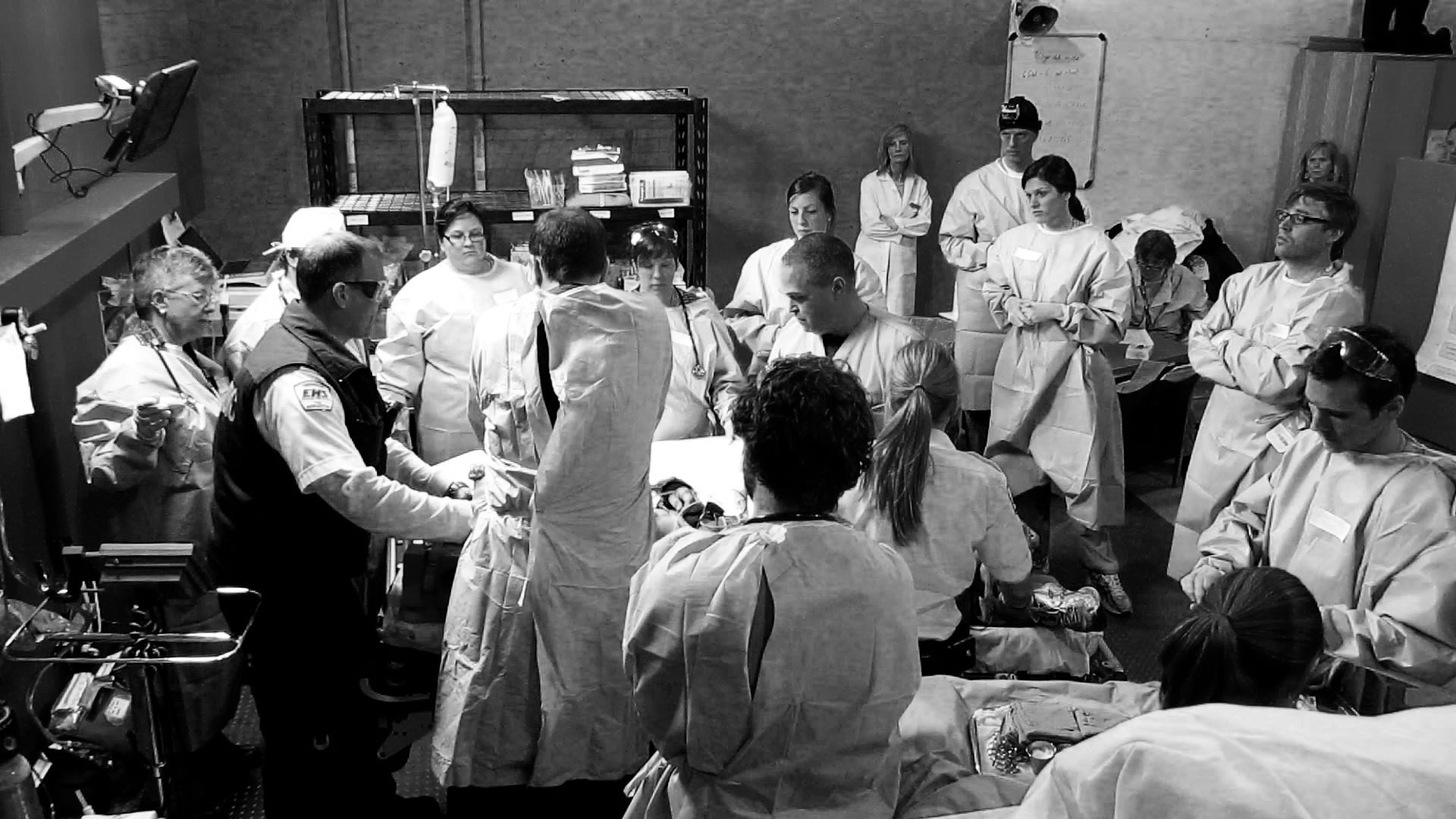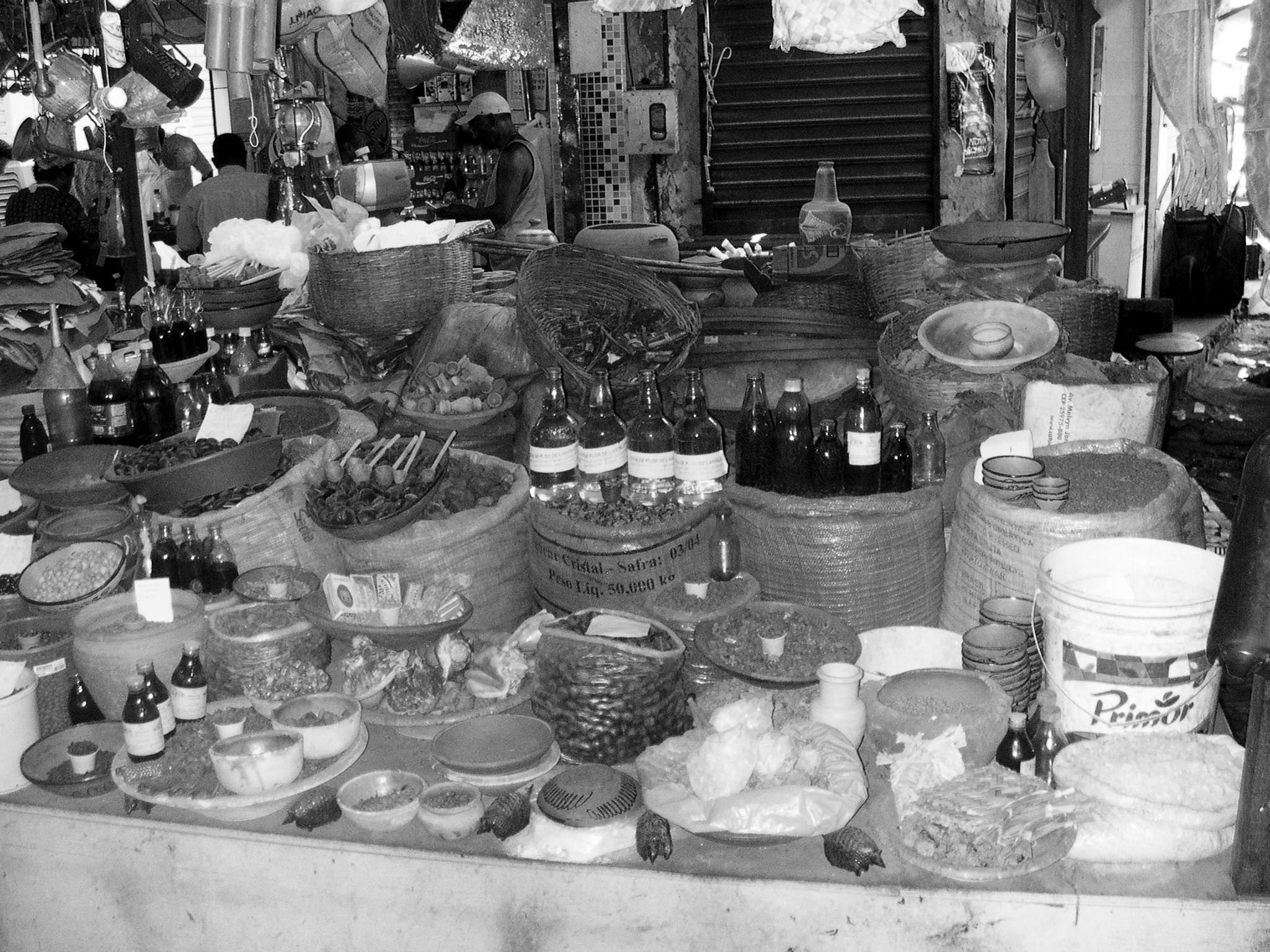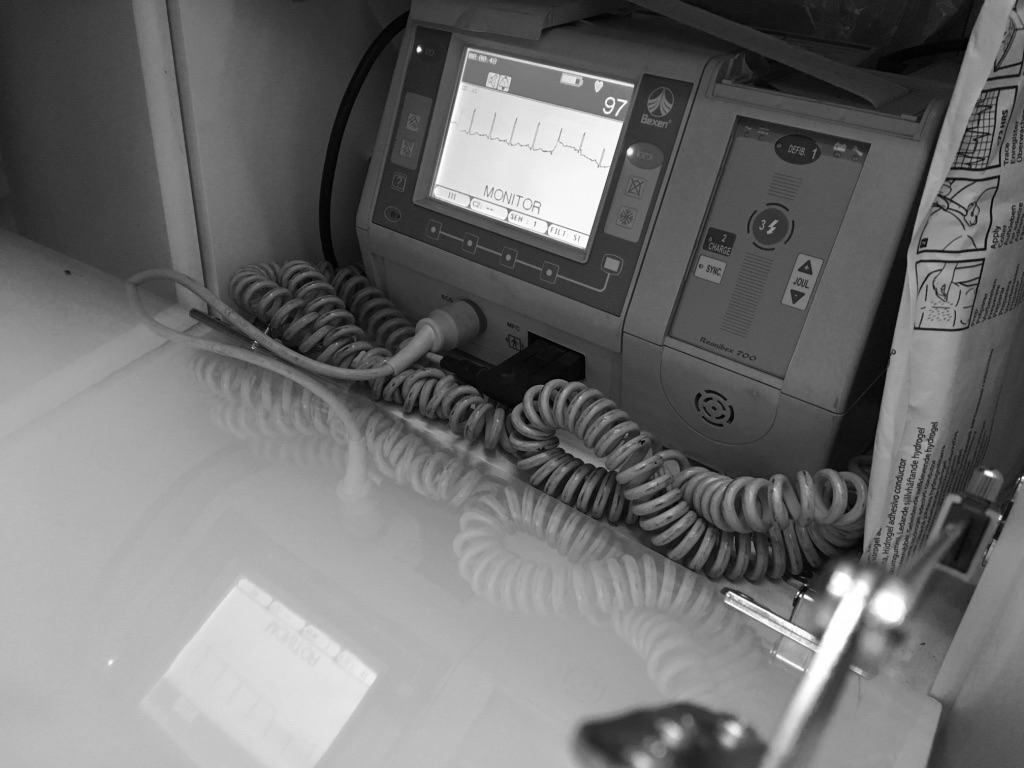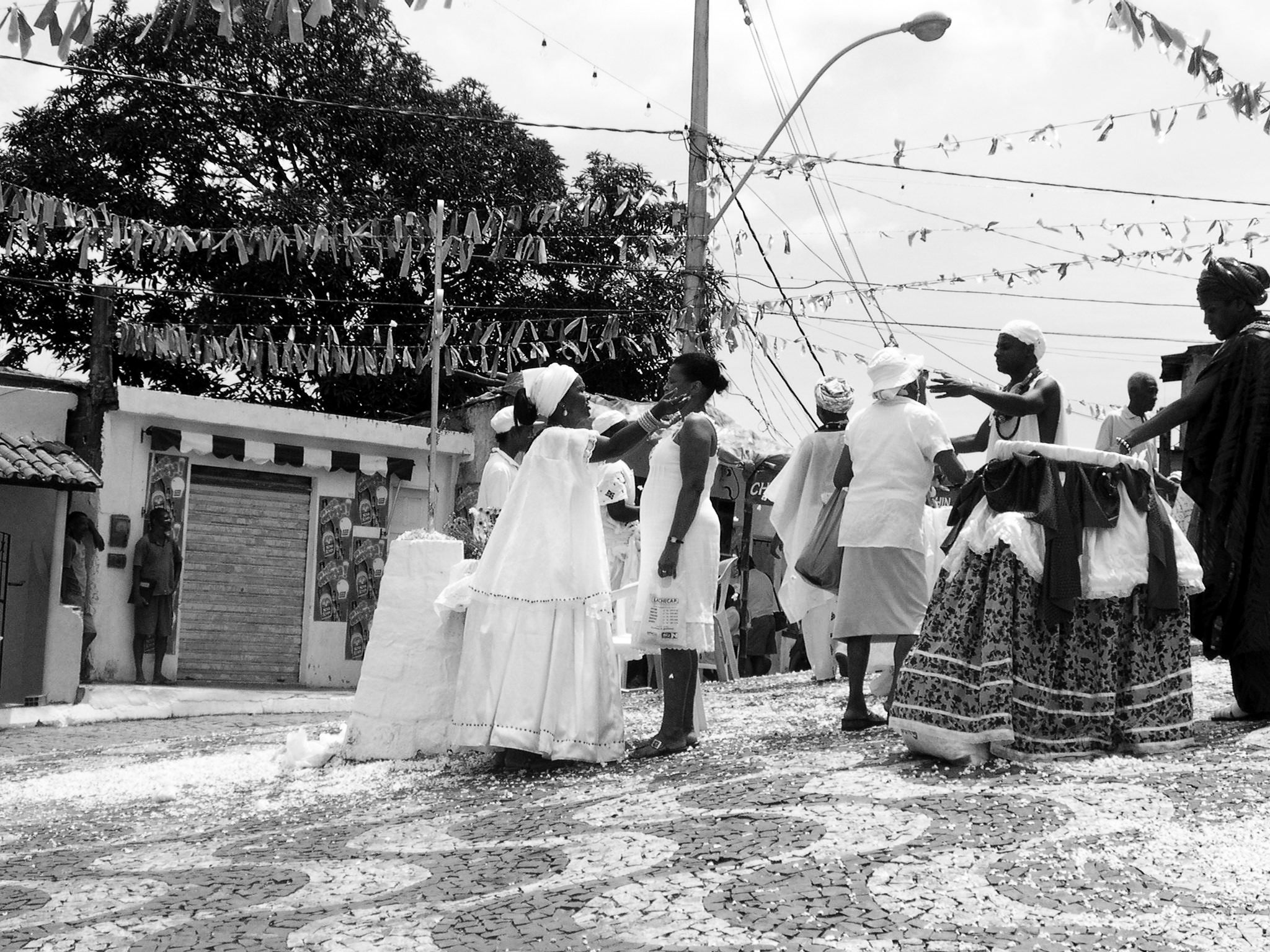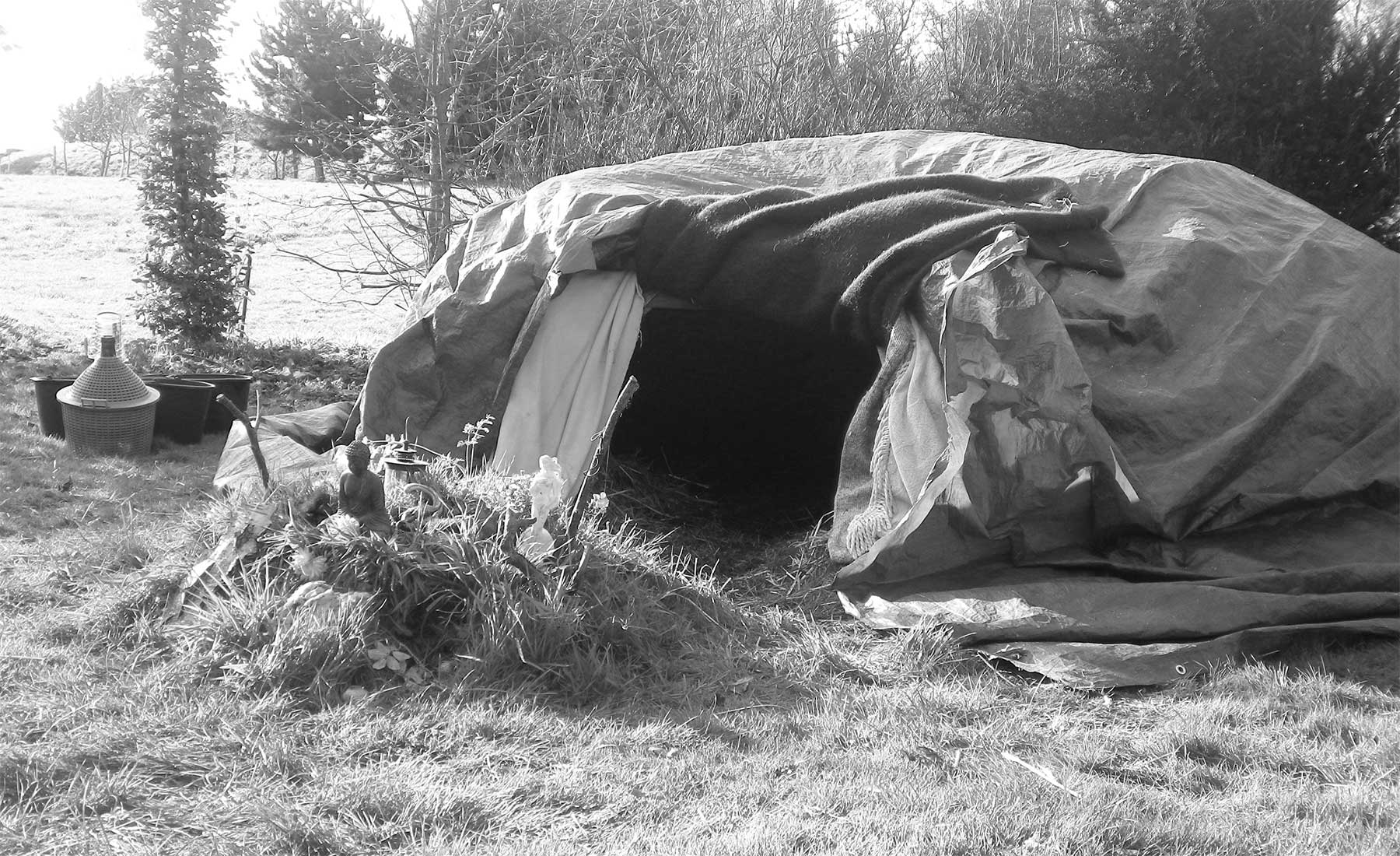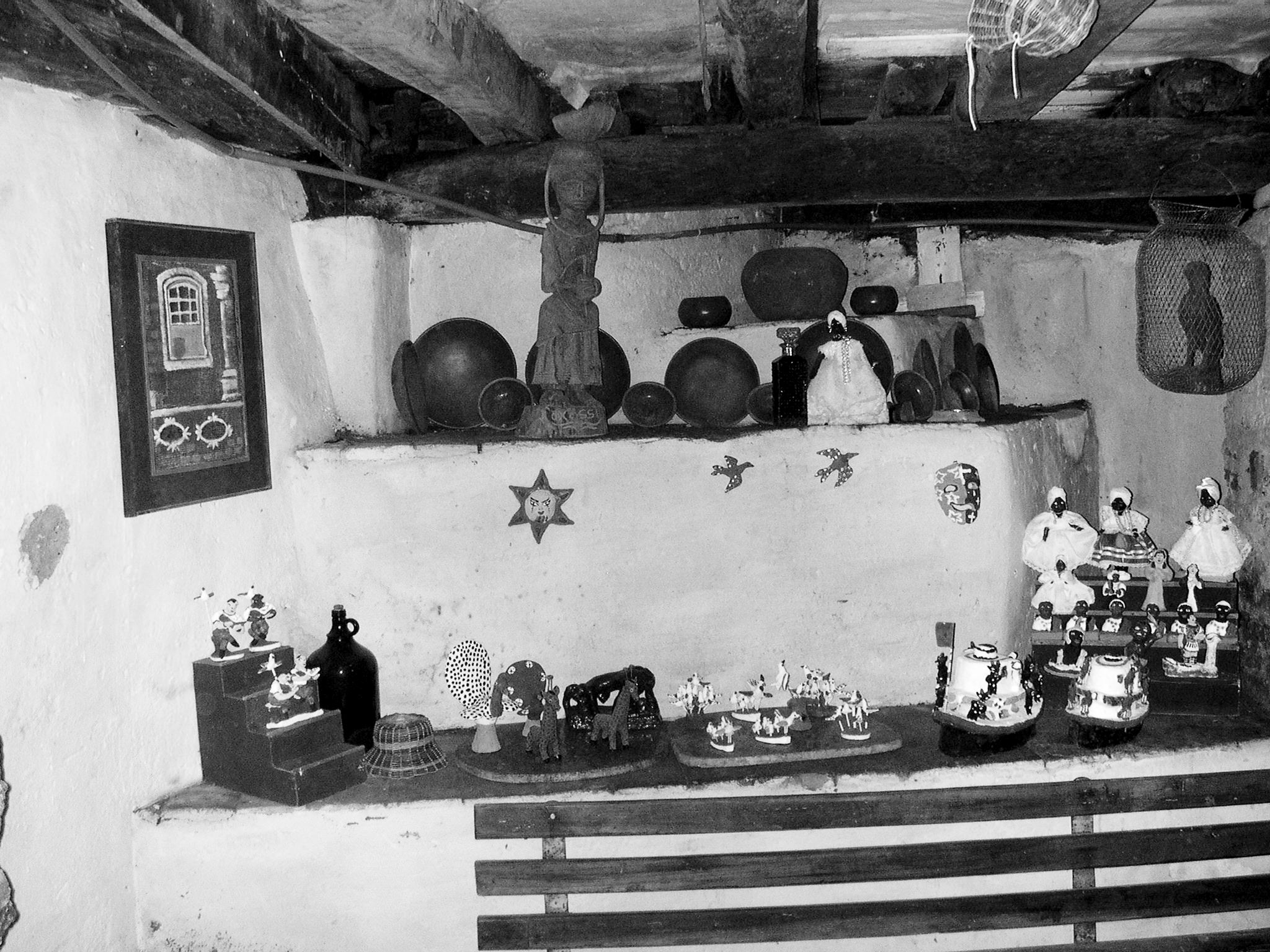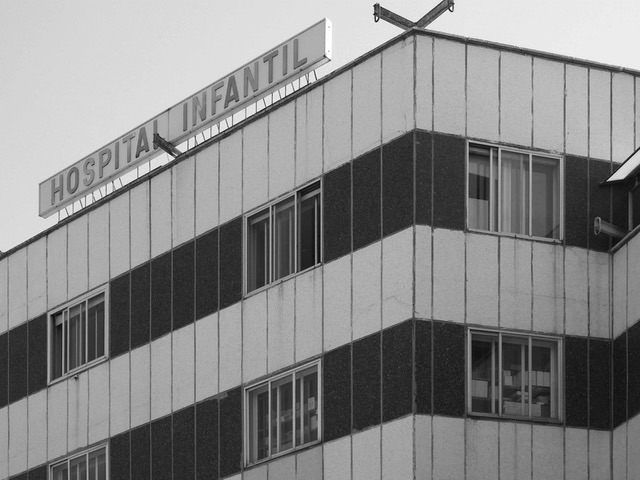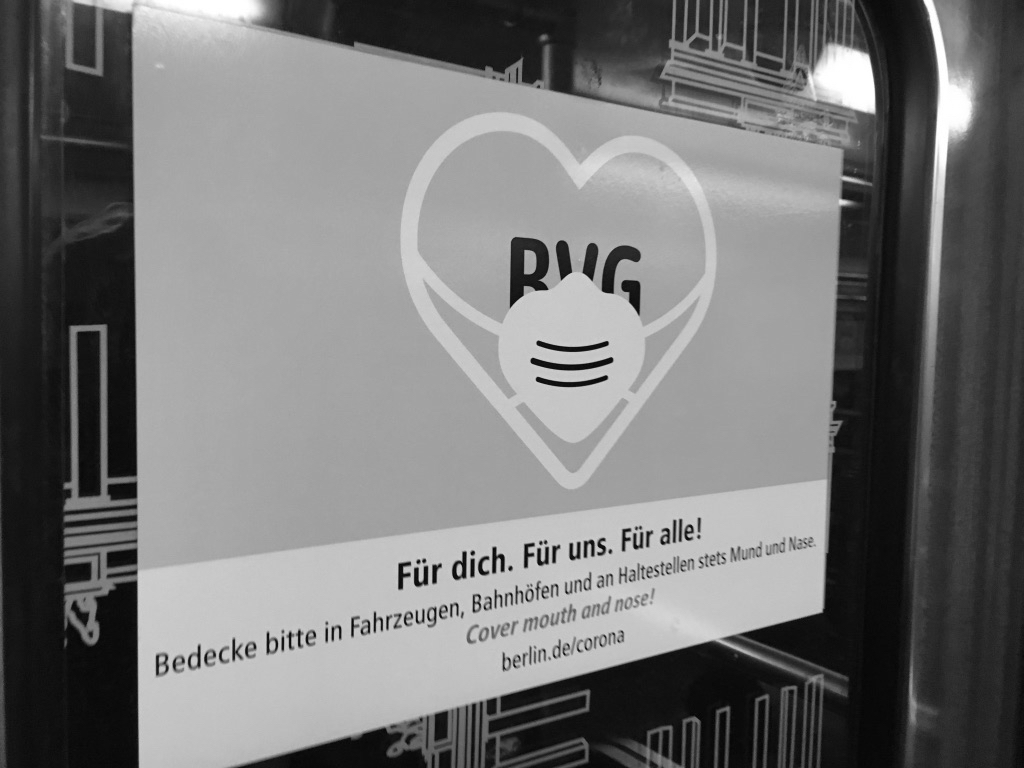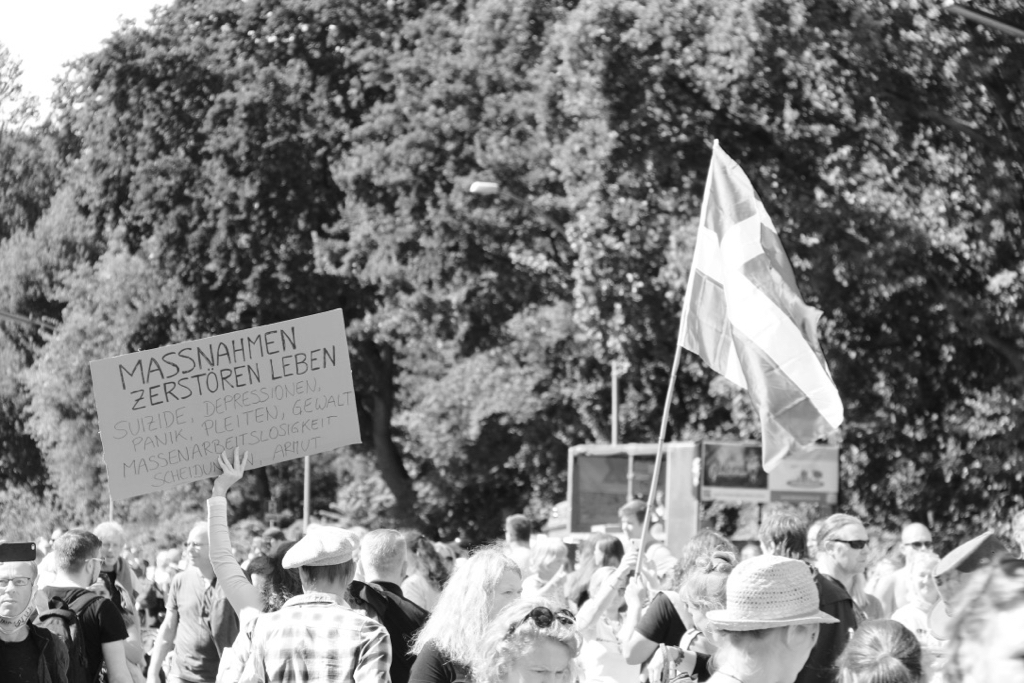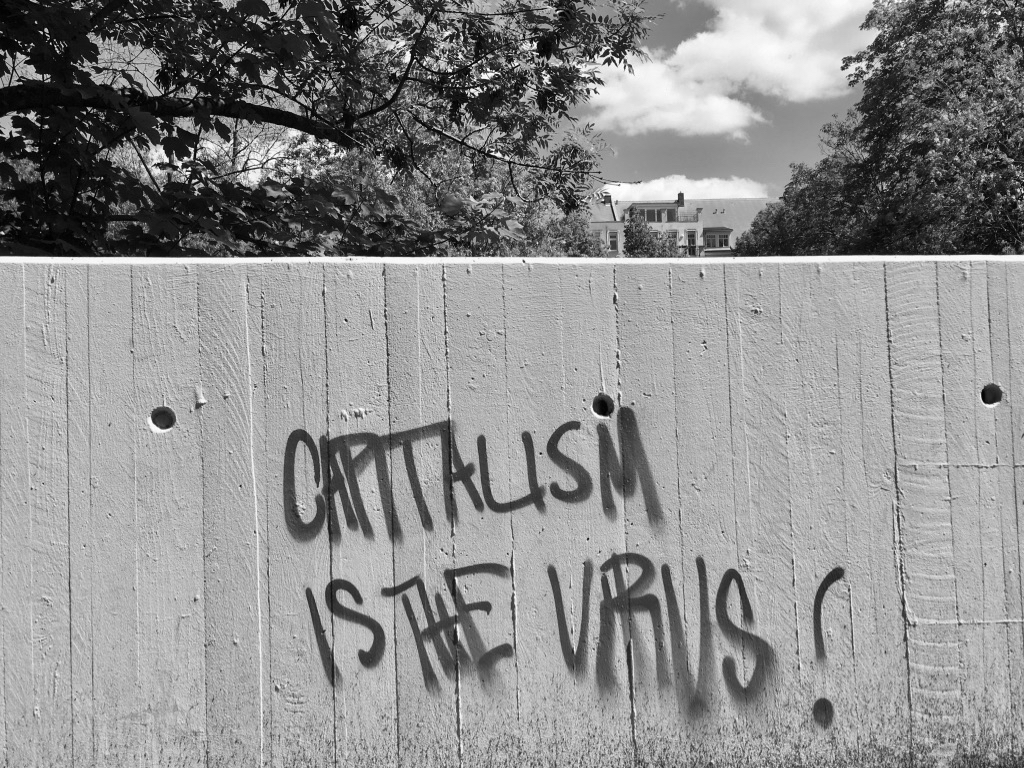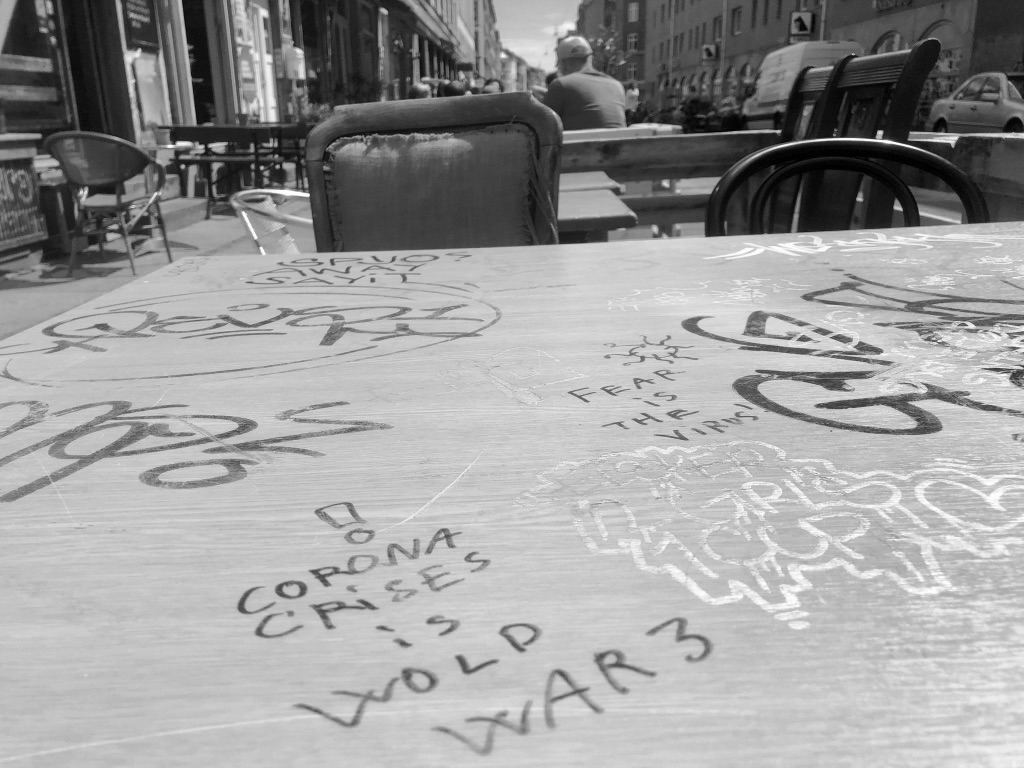AGEM
Welcome to the Association for Anthropology and Medicine (AGEM)
The AGEM is a non-profit association founded in Hamburg in 1970 with the aim of promoting cooperation between medicine, the related natural sciences and the historical and social sciences.
What we are doing
- Publication of the journal Curare
- Organising of events
- Documentation of literature and information
Curare
Curare
Journal of Medical Anthropology
Events
DDD17 Conference: The Politics of Death
Conference
Conference at Utrecht University, the Netherlands
Registration is now open for the upcoming DDD17 Conference: The Politics of Death, taking place 27–30 August 2025 at Utrecht University, the Netherlands! 🖤
🔗 Click here to register — but don’t wait too long: registration closes Friday, 16 May 2025.
Here’s a glimpse of what’s in store:
🧠 Inspiring sessions
A wide range of panel sessions, including paper presentations, roundtables, and workshops.
👉 Get a sneak peek at the current programme
🎤 Thought-provoking plenaries
Keynote by Dr. Kami Fletcher
Experiential keynote by Prof. Enny Das
A plenary roundtable on euthanasia in the Dutch context
👉 Read more about the plenaries here
🎉 Exciting extras!
A Death Book Club 📚
Guided Dark Tourism tours in beautiful Utrecht 🏛️
A unique Death Museum excursion to Amsterdam 🚋
A three-course vegetarian Conference dinner
👉 Read more about the additional events here
We warmly invite you to join us in Utrecht this summer to explore, reflect on, and discuss all things death. Looking forward to seeing you there!
Digital Spaces and DIY Health: Infrastructures, Activism, and Networks
Conference
Hybrid Conference
Digital Spaces and DIY Health: Infrastructures, Activism, and Networks
September 12, 2025 (in person at QMUL)
With an online only companion event on September 19, 2025
Queen Mary University of London
We seek abstracts for a workshop at Queen Mary University of London on digital health communities, informal care pathways, and treatment activism.
Digital spaces provide meeting places for people who are experiencing symptoms, managing illnesses, and/or seeking medication through informal routes. Literature in this area has often concentrated on digital communities that emerge around contested illnesses because people experiencing a contested illness are likely to have been turned away by a doctor and resort to seeking information and support online. However, digital health communities also emerge around a wide variety of groups whose medical needs are stigmatised, whether that’s because of their sexuality, gender identity, or controversy around the treatment/medication they seek. These types of communities self-organise in digital spaces where they share experiences, provide support, develop forms of expertise, advise each other on preferred medical providers, strategise for greater visibility, and facilitate each other’s access to pharmaceuticals that they cannot or do not want to obtain through formal channels.
We seek papers that address these types of digital health communities, across the spectrum of medical needs that they address and political/geographical contexts where they reach. We especially seek papers that contribute to methodological conversations around researching digital health platforms which are fast evolving and raise thorny questions about the ethics of research in online spaces.
- Potential topics may include but are not limited to:
– Online forums and social media as spaces for informal health support
– Informal pharmaceutical networks and online buyers’ clubs for HIV prevention (e.g., PrEP, PEP, DoxyPEP)
– Self-managed reproductive health (fertility, contraception, abortion)
– Trans health care online spaces, especially those for DIY trans care
– Digital platforms supporting communities with contested or chronic illnesses (e.g., long COVID, endometriosis, chronic Lyme)
– Biohacking interventions (e.g. DIY insulin)
– Activism and political mobilisation by digital health communities
– Methodological interventions for studying digital DIY health
– Theoretical contributions around self-managed health or informal care networks
We seek contributions from scholars across disciplines (and at any career stage), but this call might be most relevant to people in geography, sociology, anthropology, public health, STS, and gender studies. We also welcome papers from practitioners/ activists/ non-academics. We aim to submit a journal special issue from the papers following the workshop.
We’ve been excited by the initial response to the workshop and we’ve received inquiries from many overseas colleagues who cannot attend an in person event in London. We prefer to maintain an in person event in London, without hybrid participation. Instead, we’ve decided to add a companion event one week later, online only, to invite additional overseas contributors. The online event will begin at 1pm UK time and run during the afternoon to accommodate as many different time zones as possible. Participants at the London event (September 12) are invited to attend the online event as well (September 19).
If you’d like to participate, please submit your abstract (max 300 words) and a short biography to s.calkin@qmul.ac.uk and a.martinezlacabe@qmul.ac.uk by Friday June 13, 2025. When you send your abstract, please indicate whether you want to be considered for the in-person event in London (September 12) or the online-only event (September 19)
Cripping Reproductive Justice: Rethinking Reproductive Futures
Conference
A symposium in Barcelona, Spain
Call for Papers for „Cripping Reproductive Justice: Rethinking Reproductive Futures”
Symposium taking place on October 15, 2025, in Barcelona, Spain
This event will bring together scholars and activists to explore the intersections of disability and reproductive justice, fostering interdisciplinary dialogue and challenging ableist assumptions in reproductive and sexual health policies, practices, and movements.
Keynote Speaker: Dr. Alison Kafer
Dr. Alison Kafer is Director of LGBTQ Studies and Embrey Associate Professor of Women’s, Gender, and Sexuality Studies at the University of Texas at Austin. She is the author of Feminist, Queer, Crip and co-editor of Crip Genealogies. Her work, including contributions to Crip Authorship and Fighting Mad: Resisting the End of Roe v. Wade, explores disability and queer crip world-making, particularly at the intersections of reproductive, environmental, gender, and racial justice.
We invite abstracts (max. 300 words) for 15-minute presentations in English that centre disabled people’s experiences and critically engage with reproductive and disability justice frameworks. Contributions from diverse perspectives—including crip theory, speculative methods, and intersectional justice approaches—are highly encouraged.
Key Details:
📅 Submission Deadline: April 25, 2025
📢 Notification of Acceptance: May 30, 2025
📍 Event Date & Location: October 15, 2025 | Barcelona, Spain
📩 Submit abstracts & queries to: Dr. Hannah Gibson (Hannahgrace.Gibson@uab.cat)
For more details, please find the full Call for Papers attached. We would appreciate it if you could circulate this among your networks and colleagues who may be interested.
We look forward to your contributions and/or attendance!
Best regards,
Dr. Hannah Gibson and Laura Sanmiquel Molinero.
AFIN Research Group
Universitat Autónoma de Barcelona
